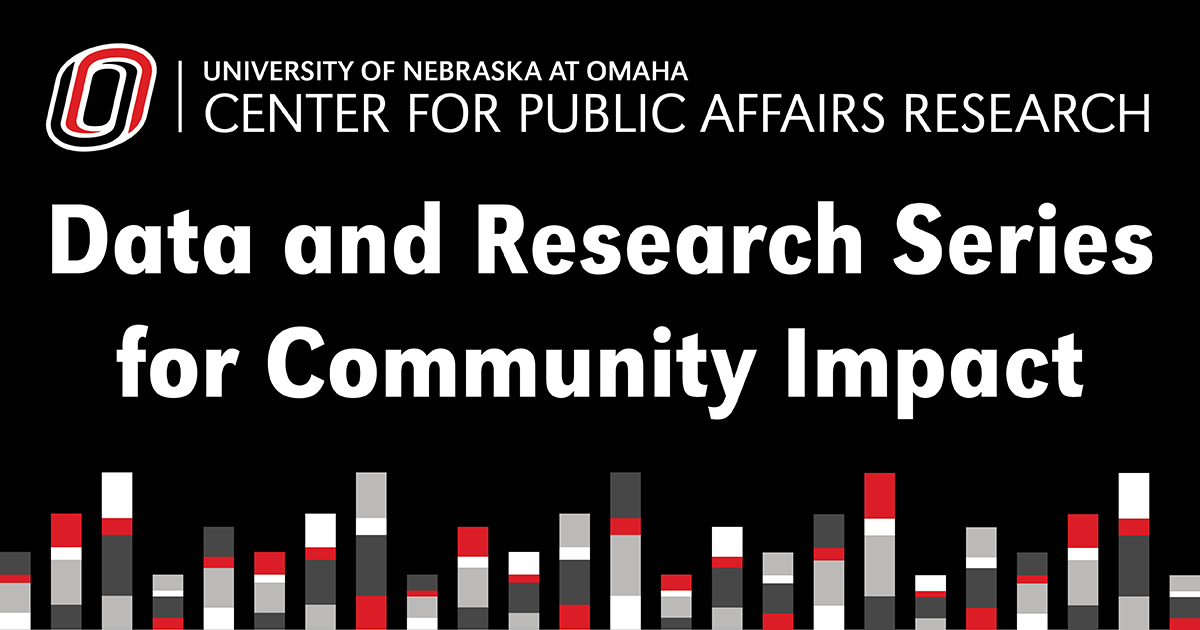
2025
The 36th Annual CPAR Data and Research Series for Community Impact is back in 2025 and this year we've diving into two distinct themes. This professional development series is perfect for anyone looking to use data to drive change in our communities — whether you're a seasoned pro or just getting started.
Agenda and presenters will be announced in March. Registration will open at that time.
PART ONE: EXPLORING OMAHA METRO DATA
Wednesday, May 7, 2025 | 9 A.M.-12 P.M. | In-person Only
Location will be the University of Nebraska at Omaha Dodge Campus and is limited to 90 attendees. (Exact location will be emailed to you after completing registration.)
Note: The University of Nebraska at Omaha will be taking photos/video at this event for use in advertising and other promotional materials, whether in print, electronic, or other media.
PART TWO: UPDATES ON STATEWIDE DATA
September 2025 | In-person and Virtual (Zoom Webinar)
Location will be the University of Nebraska at Omaha Dodge Campus and is limited to 90 attendees. (Exact location will be emailed to you after completing registration.)
Note: The University of Nebraska at Omaha will be taking photos/video at this event for use in advertising and other promotional materials, whether in print, electronic, or other media.
2024
If you missed out on the 2024 Series, recordings are available for purchase below.
Part One Presentations | Thursday, September 26, 2024
Part One was designed to empower government and nonprofit professionals to access, analyze, and disseminate valuable insights from the U.S. Census Bureau. Then experts in the field spoke about best practices to work with and share your data.
Updates on Data Products from the U.S. Census Bureau
- Josie Gatti Schafer, Ph.D., director, University of Nebraska at Omaha Center for Public Affairs Research
The Geography of Demographic Change in Nebraska
In this overview presentation of demographic and economic shifts in Nebraska, we utilize the most recent data available from the U.S. Census Bureau. Additionally, our analysis will explore key trends across various geographies, including places, counties, and regions, to examine how geography may contribute to explaining the demographic and economic changes. This approach offers valuable insights into the economic and community development imperatives for Nebraska.
- Josie Gatti Schafer, Ph.D., director, University of Nebraska at Omaha Center for Public Affairs Research
The Role of Data in the 6 Regions, One Nebraska Regional Development Initiative
At the request of statewide partners — the Governor of Nebraska, the Director of the Nebraska Department of Economic Development, and the President of the Nebraska Chamber of Commerce and Industry — UNO CPAR was asked to compile data from numerous data contributors and analyze the data to provide actionable insights for regional economic and community development. In this session, hear from one of the architects of this project about the importance of data to achieving the goals of the initiative.
- K.C. Belitz, director, Nebraska Department of Economic Development
How Reliable Is Your Data? Ensuring Trustworthy Information for Economic and Community Growth
To effectively utilize data for economic and community development, it must be reliable. Although data reliability is a statistical concept, it also includes building trust and understanding for data. This panel will delve into both the statistical and practical aspects of ensuring data reliability, featuring insights from experts in Nebraska. Attendees will gain valuable perspectives on how to verify and utilize data effectively in decision-making processes.
Panelists:
- Alex Brodersen, assistant director for research and evaluation, Nebraska Statewide Workforce & Educational Reporting System (NSWERS)
- Katie Bass, policy research manager, First Five Nebraska
- Lina Traslaviña Stover, executive director, Heartland Workers Center
- John McCoy, associate economist in regional affairs, Omaha Branch of the Federal Reserve Bank of Kansas City
- Moderator: Josie Gatti Schafer, director, University of Nebraska at Omaha Center for Public Affairs Research
Part Two Presentations | Thursday, December 19, 2024
Part Two followed the release of the U.S. Census Bureau’s American Community Survey 5-year estimates. This rich resource provides demographics, social, economic, and housing data for various geographies in Nebraska.
Accessing U.S. Census Bureau Data and Insights from the Release of the American Community Survey
In this timely session you will learn how to access the most recent data resources available from the U.S. Census Bureau and learn about the most recent trends in Nebraska.
- Josie Gatti Schafer, Ph.D., director, University of Nebraska at Omaha Center for Public Affairs Research
Economic Data from the U.S. Census Bureau
This session will provide a brief overview of some of the many U.S. Census Bureau resources available to describe the economy and how to access some of these data resources.
- Adam Grundy, supervisory statistician, Data User and Trade Outreach Branch, Economic Management Division, U.S. Census Bureau
The National and Metropolitan Economy: Recent Trends and Outlook
What are the key indicators of economic activity both nationally and here in Omaha? This presentation will identify several of these indicators and explore what they suggest about the next few years.
- Dustin R. White, Ph.D., associate professor, University of Nebraska at Omaha Department of Economics
Part One Recording
The recording of Part One is available for $60.
Part Two Recording
The recording of Part Two is available for $60.
Payment options include: Credit Card via PayPal, Check (for in-person registrations, checks will be due to UNO CPAR within two weeks of registration because of limited seats available), or University of Nebraska Cost Object (for University of Nebraska faculty, staff, and students only). IBT payment is not available.
Note: Registration for all options is non-refundable because you will receive a recording and access to presentation materials.
Presenters
| Presenter Photo | Presenter Name, Title, Place of Work | Presenter Biography |
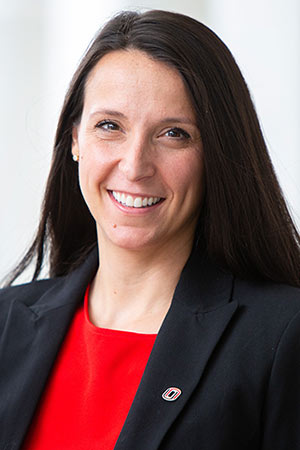 |
Josie Gatti Schafer, Ph.D. Director University of Nebraska at Omaha Center for Public Affairs Research |
Schafer joined UNO’s College of Public Affairs and Community Service as the director of the Center for Public Affairs Research in 2018 because of their national reputation for public scholarship on public policy topics in their community, state, and region. She manages a stellar team with a current portfolio of projects totaling over $1 million per year. Her personal, project portfolio ranges with several smaller engaged research projects working collaboratively with a community partner as well as some high-profile research like CPAR's work with the Planning Committee of the Nebraska State Legislature. Recent grants and projects led by Schafer include research and analysis as part of the “6 Regions, One Nebraska” initiative; review of demographics, workforce, and housing in Omaha neighborhoods; collaboration with UNMC to analyze the status and future of the healthcare workforce; fellowship from the Philadelphia Federal Reserve Bank and Coalition of Urban and Metropolitan Institutions to study the economic impact of anchor institutions; and a grant from the Ewing Marion Kauffman Foundation to study inclusive entrepreneurship. |
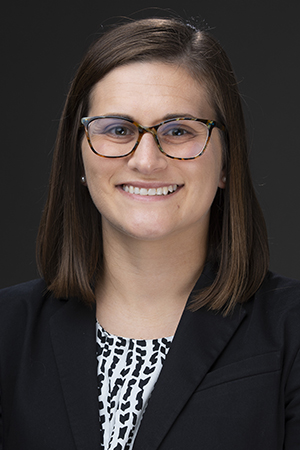 |
Morgan Vogel, Ph.D. Research Associate University of Nebraska at Omaha Center for Public Affairs Research |
Vogel joined the CPAR team in 2021 as a research associate because she wanted to bridge her academic research skills and passion for community engagement. She believes wholeheartedly in CPAR’s mission to produce and disseminate high-quality public scholarship that impacts the lives of Nebraskans. She works closely with CPAR’s director to develop and conduct research projects for a variety of community partners. She also enjoys working with a stellar group of graduate student research assistants in CPAR and encouraging their interests in applied research. |
 |
K.C. Belitz Director Nebraska Department of Economic Development |
As the director of the Nebraska Department of Economic Development, Belitz focuses on how to attract people — and businesses — to his home state. Previously, Belitz served as COO of the Nebraska Community Foundation and president of the Columbus Area Chamber of Commerce since 2000. Belitz is a native of Columbus and graduate of Columbus High School and Northeast Missouri State University (now Truman State University). He and his wife, Colleen, have a daughter, Emerson. |
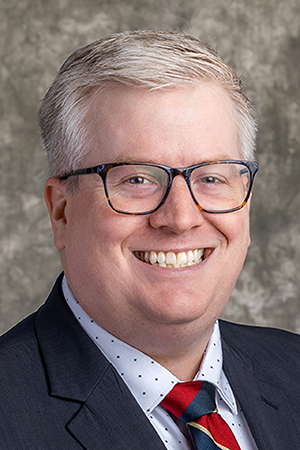 |
Alex Brodersen, Ph.D. Assistant Director for Research and Evaluation Nebraska Statewide Workforce & Educational Reporting System (NSWERS) |
Brodersen was named assistant director for research and evaluation at the Nebraska Statewide Workforce & Educational Reporting System (NSWERS) in August 2021. His work experience includes over five years in the quantitative psychology, data science, and educational measurement fields. Prior to NSWERS, he worked as a talent analyst at Gallup and a psychometrician at Houghton Mifflin Harcourt. As assistant director for research and evaluation, Brodersen plans, organizes, and executes research and evaluation functions. This includes both conducting and providing oversight for the technical quality of data analysis, providing in-house research design and quantitative measurement expertise, and creating a robust research dissemination approach to inform public policy and educational practice in alignment with NSWERS research priorities. Brodersen holds a bachelor’s degree in forensic science from the University of Nebraska, a master’s degree in applied/computational math and statistics from the University of Notre Dame, and a doctorate in quantitative psychology from the University of Notre Dame. |
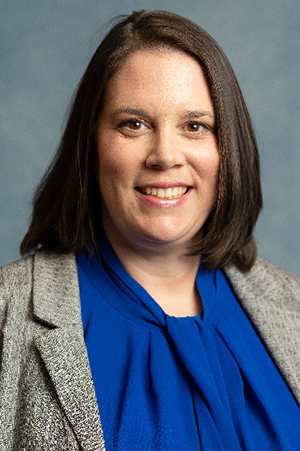 |
Katie Bass, Ph.D. Policy Research Manager First Five Nebraska |
A McCook, Nebraska, native, Bass joined First Five Nebraska as a data and policy research advisor in fall 2020 and is now the policy research manager. Prior to that she worked to improve outcomes for Nebraska children in the child welfare and juvenile justice systems. Most recently, as research director for the Foster Care Review Office, she oversaw data collection, analyzed available data and made recommendations to the Legislature and Nebraska stakeholders for system improvement based on results. She has a passion for making data accessible and engaging for all, and uses skills gained in the classroom and as a faculty member at Eastern Illinois University to make complex research clear, relatable and applicable to policymakers. Katie received a Ph.D. and M.A. in sociology from the University of Nebraska–Lincoln and a B.A. from Hastings College. When Katie met her husband, Dave, she gained a bonus daughter, Brittany. Together, Katie and Dave have two children, daughter, Parker, and son, Reece. |
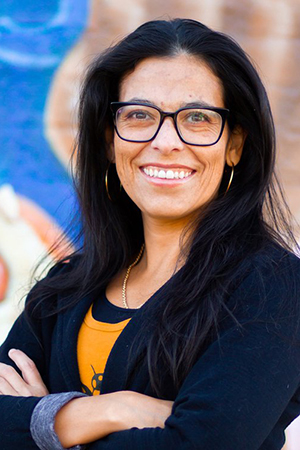 |
Lina Traslaviña Stover, Ph.D. Executive Director Heartland Workers Center |
Stover is a sociologist with deep commitment to address inequality and social justice. As a leader, she is passionate about discovering what makes people tick. She seeks to gather passion with talents to build stronger communities. Lina says that leadership is about motion: "It is the active and intentional effort to build relationships, communicate with compassion, and collaborate patiently.” Stover is also a mom and an educator: "learning is social, we do it best when we process with others.” |
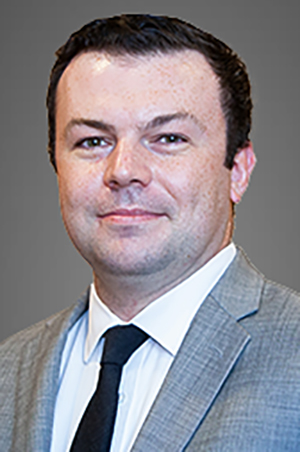 |
John McCoy Associate Economist in Regional Affairs Omaha Branch of the Federal Reserve Bank of Kansas City |
McCoy is an associate economist in the Regional Affairs Department at the Omaha Branch of the Federal Reserve Bank of Kansas City. In this role, he supports research and outreach efforts surrounding economic developments in the state of Nebraska. His responsibilities include serving as Board Secretary to the Omaha Branch Board of Directors and co-authoring The Nebraska Economist. He joined the Bank in 2017 as a research associate in the Regional Affairs Department at the Omaha Branch. Prior to 2017, he spent two years as an intern with the department. John holds a B.A. and M.A. from Creighton University. |
 |
Adam Grundy Supervisory Statistician Data User and Trade Outreach Branch, Economic Management Division, U.S. Census Bureau |
Grundy began his career at the Census Bureau in 2009 as part of the Investment Goods Industries Branch in the Manufacturing and Construction Division. He worked as a survey analyst in the Computers and Electronic Products NAICS. Shortly after, he moved to the Economic Indicators Division to work as a survey analyst in the Manufacturer’s Shipments, Inventories and Orders Survey (M3). During his tenure in M3, Grundy was selected as a leader for the Economic Directorate’s (ECON) first General Workforce Advisory Board. He served as the board’s president from its initial start-up in the summer of 2014 through early 2016. Grundy most recently worked in the Economy-Wide Statistics Division as a survey analyst in the Healthcare and Education Branch. During his tenure in the services area, Adam was elected as a co-leader for the Joint Sub Committee for Communication. During Grundy’s tenure in the Data User Outreach and Education Branch in the International Trade Management Division, he developed an online calendar for the ECON Directorate, participated in several key stakeholder meetings for developing the Census Business Builder data platform, and served as a valuable member of the Data Outreach team for the Census Bureau. Grundy received a bachelor’s degree in human studies and a certification in elementary education. He lives in Silver Spring, Maryland, with his wife, Jill, son, Bennett, and daughters, Julia and Cecilia. |
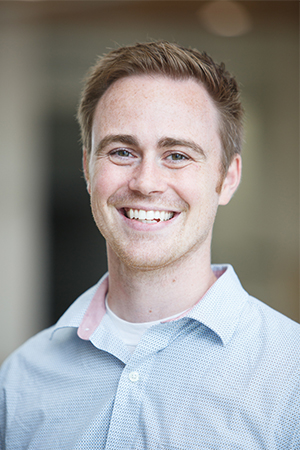 |
Dustin R. White, Ph.D. Associate Professsor University of Nebraska at Omaha Department of Economics |
White is an associate professor in the Department of Economics at the University of Nebraska at Omaha. His primary focuses are health and labor economics, sports economics and industrial organization, as well as data analytics in general. White earned his Ph.D. in Economics from Washington State University (2016), and his B.A. in Economics from Brigham Young University (2011). Some of his other professional interests are machine learning and data analysis as well as finding ways to help students stay engaged in the learning process by incorporating projects from sports and other areas of popular interest into his courses. |
Questions? Contact unocpar@unomaha.edu or 402.554.7533.
UNO is an AA/EEO/ADA institution. For Title IX concerns, please contact the Title IX Coordinator (phone:402.554.2120). For ADA/504 accommodations or assistance, please call/contact the ADA/504 Coordinator (phone 402.554.2463) or the Accessibility Services Center (phone: 402.554.2872).
